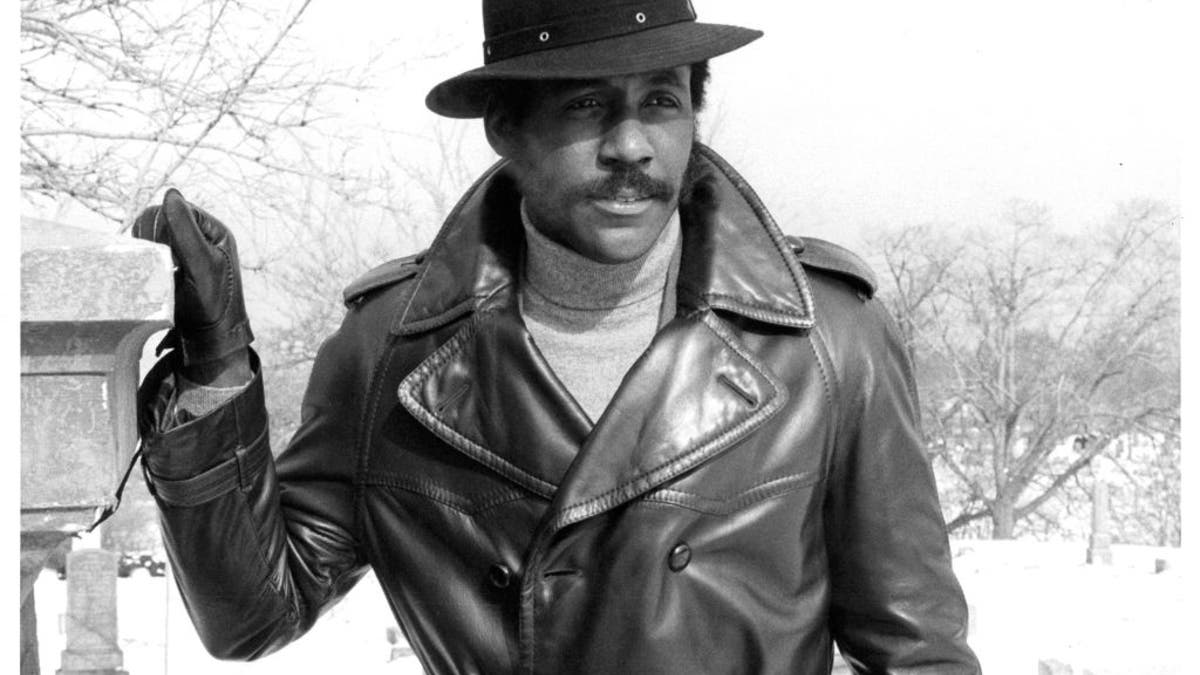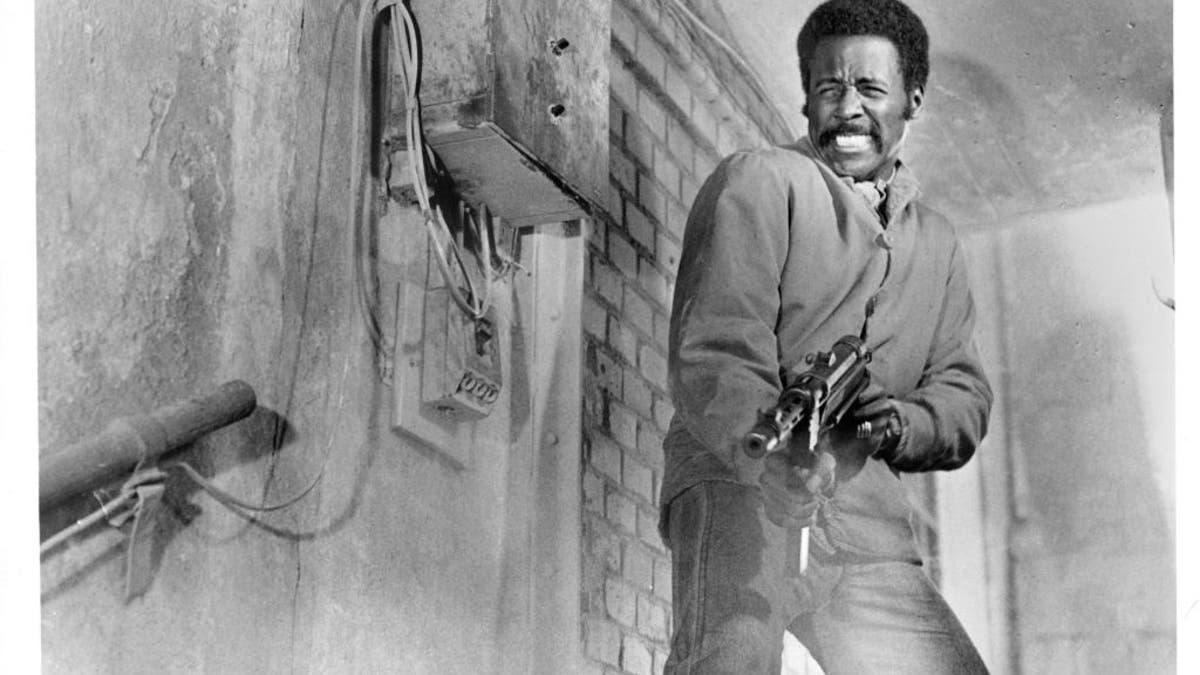Richard Roundtree, the star of the 1971 film “Shaft,” has died. He was 81.
Roundtree’s longtime manager Patrick McMinn confirmed that the actor died at his home on Oct. 24 following a battle with pancreatic cancer.
“Richard’s work and career served as a turning point for African American leading men,” McMinn shared. “The impact he had on the industry cannot be overstated.”
“Shaft” star Richard Roundtree has died. (Photo by Mike Coppola)
Dubbed the “first Black action hero” after his standout role in “Shaft,” his character was originally written for a White person. The film was based on the 1970 novel by Ernest Tidyman. According to the Hollywood Reporter, it was the film’s director, Gordon Parks, who opted to stray from the original plan.
“Gordon Parks is Shaft,” Roundtree told radio station WBUR in 2019. “The way he moved, the way he talked. He is the most sophisticated, smooth person that I have ever met. And to be in his presence and to be a part of something that he has his stamp on is magical to me.”
Roundtree also appeared in several of the films sequels, including “Shaft’s Big Score!” in 1972 and “Shaft in Africa” in 1973. He also reprised his role for the CBS series in 1973.

Richard Roundtree on set of the movie “Shaft’s Big Score!” (Photo by Michael Ochs Archives)
LIKE WHAT YOU’RE READING? CLICK HERE FOR MORE ENTERTAINMENT NEWS
He later appeared in the hit television series, “Roots” as the carriage driver Sam Bennett.

Richard Roundtree on set of the movie “Shaft in Africa.” (Photo by Michael Ochs Archives)
CLICK HERE TO SIGN UP FOR THE ENTERTAINMENT NEWSLETTER
Aside from “Shaft,” Roundtree appeared in a few more movies. He played Robinson Crusoe in “Man Friday,” an Army sergeant in the Korean War drama “Inchon” and portrayed Burt Reynolds’ partner in “City Heat.”
According to the Hollywood Reporter, Roundtree was most “proud” of his role in the 1996 film “Once Upon A Time… When We Were Colored.” The outlet states that his father refused to watch any of his movies until this one was released.

Richard Roundtree was first diagnosed with cancer in 1993. (Photo by Leon Bennett)
CLICK HERE TO GET THE FOX NEWS APP
The actor was first diagnosed with cancer over two decades ago. In 1993, he underwent a double mastectomy for breast cancer. Four year later, he spoke about his illness.
“Breast cancer is not gender specific,” he said, per the Hollywood Reporter. “And men have this cavalier attitude about health issues. I got such positive feedback because I spoke out about it and it’s been quite a number of years now. I’m a survivor.”
The Associated Press Contributed to this report.